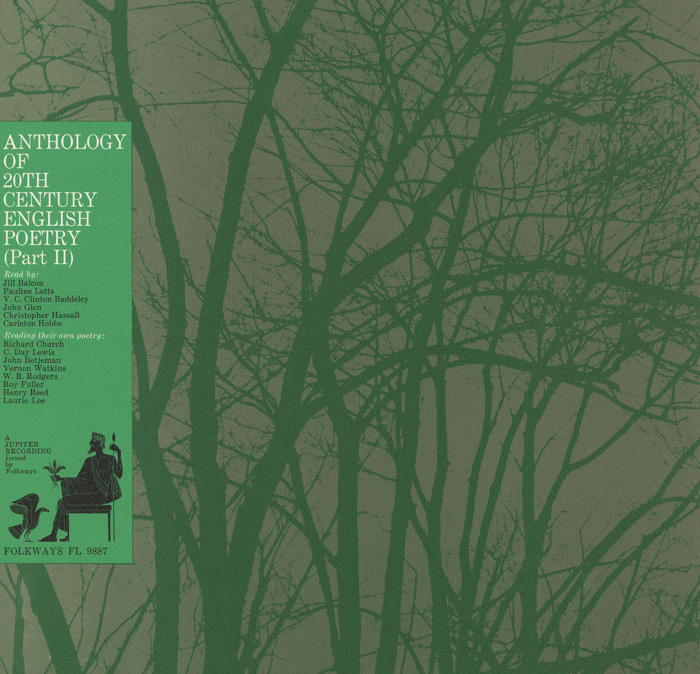


The reader is reminded of one of Tranter’s favourite aphorisms, Oscar Wilde’s “all bad poetry springs from genuine feeling”. They are always, though, creatures of Tranter’s imagining. But always behind the voices are the fractal human subjects of contemporary life, sometimes in control of their language, sometimes struggling against incoherence and word salad. His poems are constantly shifting in their tones and styles, sometimes manically.

These modes of speaking could be scathing, affronting, dismissive, hurt, and sometimes tender. Tranter was a ventriloquist, a mimic, a parodist, a masquerader, a role-player, an intimate, an inquisitor. One of the most remarkable things about this body of work is the range and variety of its voices. Other bravura examples of Tranter’s poetry writing include the sequence of 100 sonnets, Crying in Early Infancy (1977), the book of 24 10-stanza poems and an envoi Ultra (2001) and the four inter-related narrative poems of The Floor of Heaven (1992). The uncanny effect is of a kind of dual register of Tranter’s voice and of the original poet’s words, of the ghost of a voice from the canonical anthologies of English poetry and the up close and personal voice of a contemporary Australian. Tranter wrote two terminals based on Matthew Arnold’s canonical Dover Beach, and the results are both intriguing and deeply ambivalent examples of the poetic voice, eviscerating the original and rewriting what remains.


 0 kommentar(er)
0 kommentar(er)
